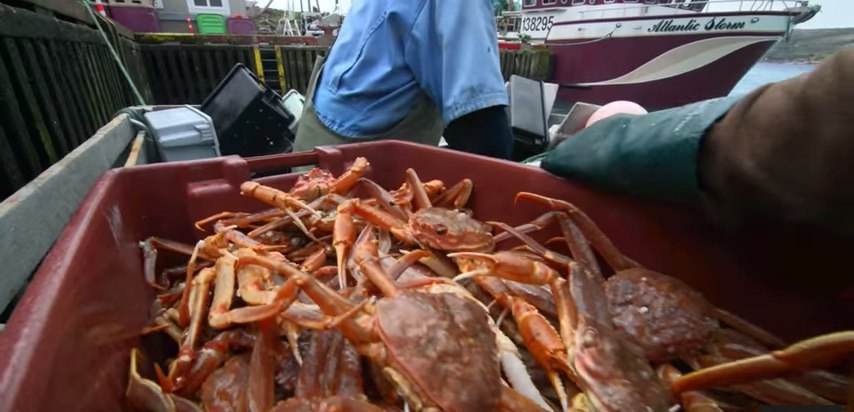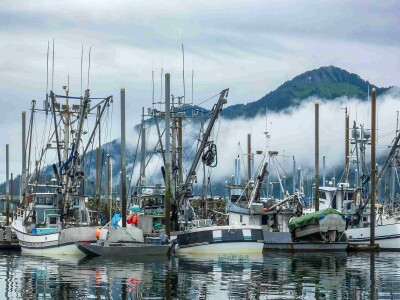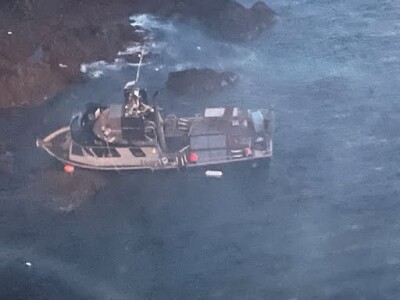The Marine Stewardship Council has suspended certification of Maritime Canada’s snow crab fishery. The London-based private ecolabel organization says the suspension is a result of 12 North Atlantic right whale deaths in the Gulf of St. Lawrence last summer.
The Canadian government has been working to address commercial marine interactions with right whales, starting with a ship speed reduction to 10 knots in the gulf.
That was followed by a January 2018 announcement from Fisheries and Oceans Minister Dominic LeBlanc regarding several changes to the gulf snow crab fishery. The fleet would immediately begin reducing its use of floating rope and be required to report all lost gear.
“We're expecting 100 percent compliance,” Le Blanc said at a press conference in Moncton, New Brunswick.
Three of the 12 right whale deaths in Maritime Canada’s Gulf of St. Lawrence were linked with fishing gear entanglements. Those losses coupled with a handful of whale deaths on the U.S. East Coast led to threats of more (and expensive) trap regulations to come for Canada’s neighbors in the American lobster fleet.
In 2009, Maine lobstermen switched from floating rope to sinking groundline between pots as part of an effort to reduce interactions with migrating right whales.
Naturally, some Maine lobstermen have been asking why there aren’t similar regulations for Canada’s crab fleet, which fishes essentially the same waters and has been using floating rope for eight years after the U.S. lobster fleet made the changeover.
In February, the Canadian federal government suggested a shutdown of the Maritimes snow crab fishery while right whales are in the area. The proposal was made at a fishery planning meeting, and fishermen in attendance were shocked by the suggestion.
MSC reports that two of the deaths in the area were attributable to snow crab gear. Yet it had given the fishery a five-year recertification in October. Immediately following the recertification, the agency called for an expedited audit and reversed course on the use of the ecolabel.
Before the fishery kicks off a new season — hemmed in by ice for the time being — prices of inventory sales were down in early March. Now that the ecolabel is suspended, wholesalers and fishermen may expect a dip in dock price.
The industry has 90 days to develop and implement a plan of action. It will be audited again in the fall.







